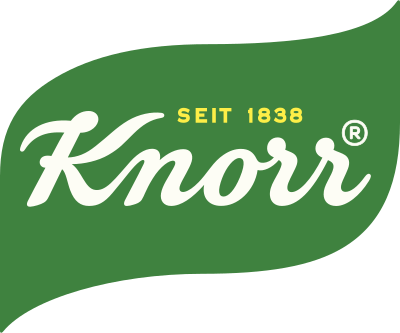How to Market and Advertise Your Halal Food Business
Grow your halal-certified food business with trusted, effective digital campaigns, reaching millions of conscious consumers worldwide.

The global halal food industry is exploding: already worth over USD 2.7 trillion in 2024 and projected to surpass USD 5.9 trillion by 2033, growing nearly 9% each year. As health, sustainability, and ethical sourcing reshape consumer behavior, halal food brands are in a prime position to capture both Muslim and health-conscious audiences.
With Muslim Ad Network’s MuslimReach™ targeting, you can directly engage Muslim consumers actively searching for halal, ethical, and wholesome food options. We help halal food brands build trust, educate new markets, and drive conversions through faith-aligned, impactful digital campaigns that resonate globally.
Connect with a community that values ethical eating. MuslimReach™ makes sure your message reaches the right hearts and the right markets.
With Muslim Ad Network’s MuslimReach™ targeting, you can directly engage Muslim consumers actively searching for halal, ethical, and wholesome food options. We help halal food brands build trust, educate new markets, and drive conversions through faith-aligned, impactful digital campaigns that resonate globally.
Connect with a community that values ethical eating. MuslimReach™ makes sure your message reaches the right hearts and the right markets.
Why Muslim Ad Network?

1. Industry Growth
Halal food is booming, set to surpass USD 5.9 trillion by 2033, fueled by rising populations, ethical consumer demand, and robust certification standards

3. Our Solution
Muslim Ad Network delivers verified digital advertising for halal food brands, enabling targeted outreach and powerful engagement with the right consumers at the right time
Trusted by Halal Food Industry Giants:
SUCCESS STORY: BOXED HALAL

premium websites and apps reached
Initial sale avg per customer
ROI
New Customer Aquired
Ready to Market your Flavours to Muslims?
Reach the audience that values your mission and grow your business with targeted, Shariah-compliant advertising.






